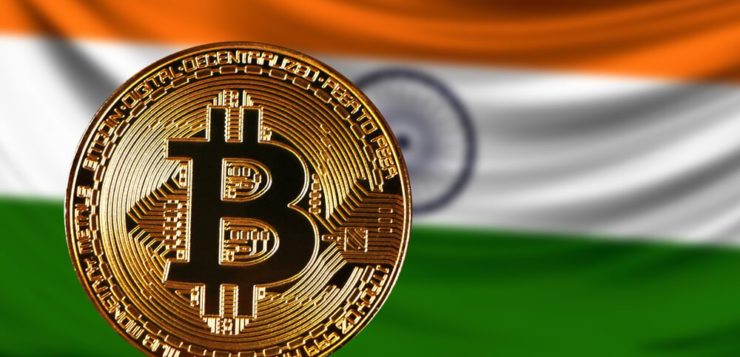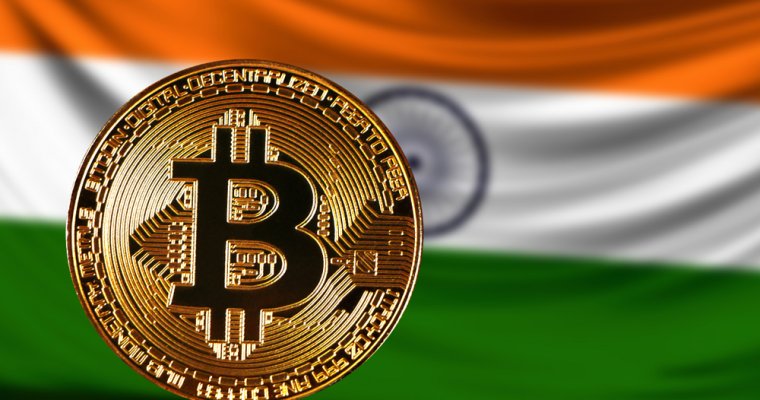Reuters reports that Mastercard has formally complained to the US government that the Indian government is deliberately promoting domestic payment networks over international ones like Mastercard and that the Prime Minister, Narendra Modi, has actively used nationalism in promotion of payment processing network RuPay.
According to the report, Mastercard and Visa are not the dominant payment modes in India – at least half of the country’s payment cards use the RuPay network.
Modi has likened the use of RuPay to public service because the transaction fees stay inside the country.
The complaint was in the form of a note to the Office of the United States Trade Representative from Sahra English, who serves as the company’s Vice President for Global Public Policy. It read, in part:
“Increasing rhetoric from the prime minister and government mandates on promotion and preference for RuPay […] continues to create market access issues for U.S. payments technology companies. The Indian government’s preferential treatment of RuPay coupled with fallacies on pricing must be discontinued.”
The move, in Mastercard’s view, will hopefully stimulate some form of action on the part of the US government. It is coupled with other pro-domestic moves on the part of the Indian government which are meant to increase local revenues, such as forcing foreign technology companies to store more data locally, which stimulates local data storage revenues.
Indian Government Seemingly Against Any Outside Payment Rails
Mastercard and other traditional payment processors are not the only payment providers to be the subject of government interference and/or disparaging. Crypto tokens are formally on the chopping block in the country, and the operator of a non-functioning Bitcoin ATM was recently arrested.
Trading has largely halted in India as a result of a ban in place surrounding the practice. Indian Bitcoiners may find themselves in a similar situation as those in China, where they can possess coins but not use them for much, although progress is being made on that front and it appears Chinese merchants can also accept Bitcoin. The trouble with local regulations is that they can often be confusing and widely vary from jurisdiction to jurisdiction.
India comprises almost a fifth of the global population and many of its residents live in the sort of poverty that cryptoassets, given the opportunity, can help alleviate. The question of how much such opportunity India will have remains to be answered, but to date it doesn’t look good.
Featured image from Shutterstock.
Follow us on Telegram or subscribe to our newsletter here.








